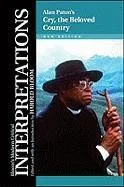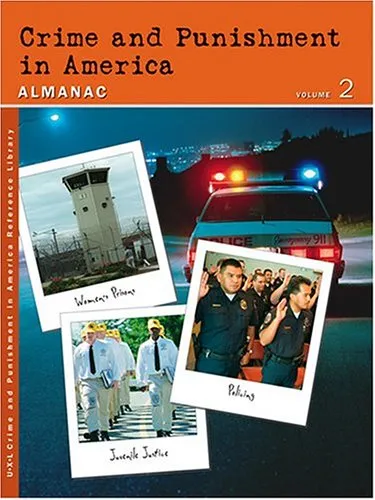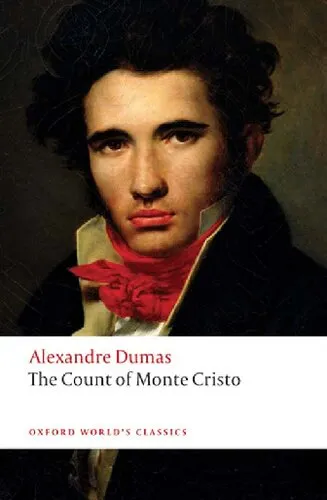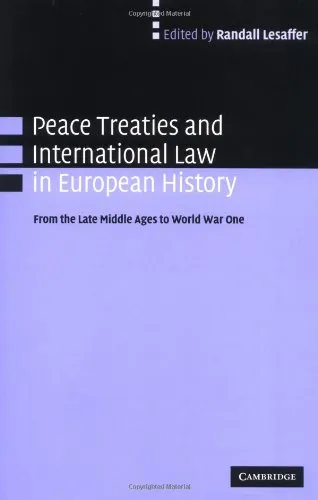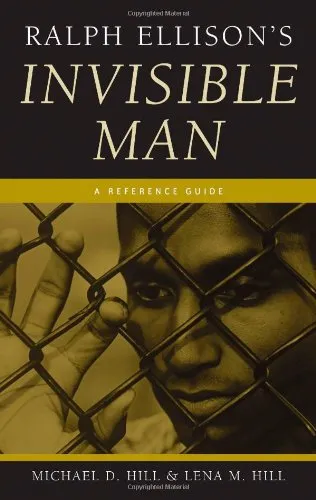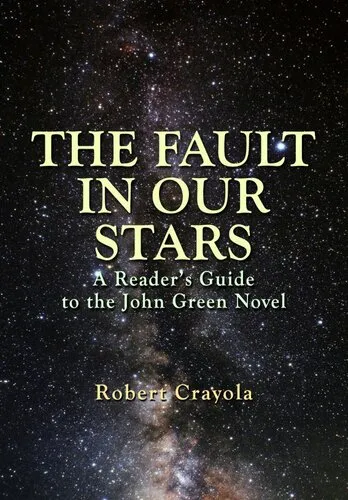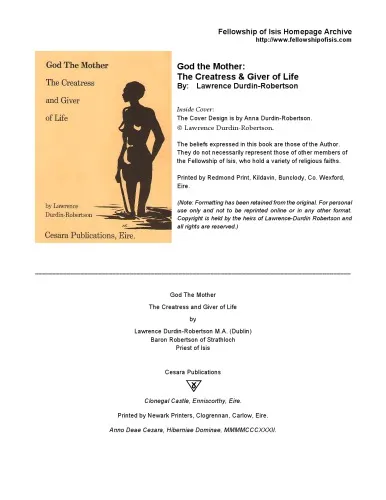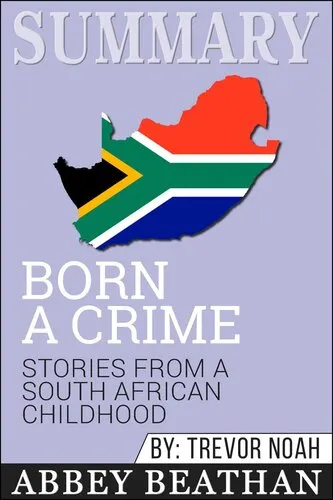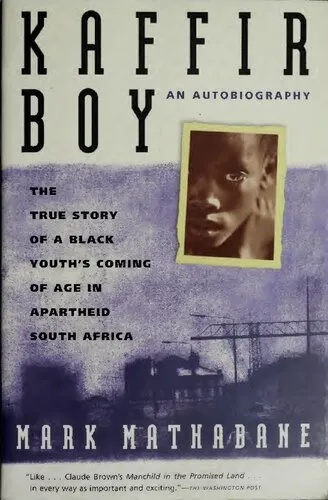Alan Paton’s Cry, the beloved country
3.7
Reviews from our users

You Can Ask your questions from this book's AI after Login
Each download or ask from book AI costs 2 points. To earn more free points, please visit the Points Guide Page and complete some valuable actions.Related Refrences:
Introduction to Alan Paton's "Cry, the Beloved Country"
Published in 1948, "Cry, the Beloved Country" by Alan Paton remains one of the most powerful pieces of literature addressing racial injustices and the social and political turbulence in South Africa. Paton paints a poignant picture of a nation grappling with deep racial divides, using a narrative that is both personal and universal in its scope. This novel is as relevant today as it was over seventy years ago, providing a timeless exploration of humanity, hope, and despair.
Detailed Summary of the Book
Set against the backdrop of a racially divided South Africa, "Cry, the Beloved Country" tells the story of Reverend Stephen Kumalo, a Zulu priest from the rural village of Ndotsheni. Kumalo embarks on a journey to Johannesburg, a sprawling metropolis filling to the brim with the oppressed and the oppressors, to find his missing son, Absalom. His quest is both a physical journey and a moral one, as he encounters the harsh realities of life in the urban areas.
Throughout his journey, Kumalo faces numerous challenges and tragedies. He learns that his sister, Gertrude, has turned to a life of vice and that his son has been arrested for the murder of a white landowner, Arthur Jarvis. Jarvis, an outspoken advocate for racial justice, represents the potential for healing and understanding in a divided country. The narrative unfolds with deep, introspective prose and vivid imagery, leading readers to reflect on themes of racial inequality, familial bonds, and reconciliation in the face of insurmountable sorrow.
The novel concludes not with definitive answers, but with a sense of profound yet fragile hope for the future. Paton's evocative storytelling speaks directly to the heart and mind, calling for an understanding that transcends conventional social barriers.
Key Takeaways
- The importance of understanding and empathy in overcoming racial and social divides.
- The power of faith and forgiveness in the wake of personal tragedy.
- The complex relationship between urban and rural society in South Africa.
- The enduring struggle for justice and equality in the face of systemic oppression.
Famous Quotes from the Book
"The tragedy is not that things are broken. The tragedy is that they are not mended again."
"Cry, the beloved country, for the unborn child that is the inheritor of our fear."
"It is not permissible for us to go on destroying family life when we know that we are destroying it."
Why This Book Matters
"Cry, the Beloved Country" is revered not only for its exquisite narrative style but also for its brave exploration of social justice and equality. Alan Paton's work provides an essential voice to the global discourse on race and reconciliation, capturing the inner turmoil and resilience of a nation in transition.
As a literary work, it sparks critical conversation around moral courage and the quest for a more equitable society. Readers are compelled to engage with the text, questioning their beliefs and considering their role in a world still struggling with racial injustice. Paton’s vision for a better South Africa offers a universal message of hope that continues to resonate in current times, prompting reflection on our own societal challenges and aspirations for the future.
Free Direct Download
You Can Download this book after Login
Accessing books through legal platforms and public libraries not only supports the rights of authors and publishers but also contributes to the sustainability of reading culture. Before downloading, please take a moment to consider these options.
Find this book on other platforms:
WorldCat helps you find books in libraries worldwide.
See ratings, reviews, and discussions on Goodreads.
Find and buy rare or used books on AbeBooks.
1459
بازدید3.7
امتیاز0
نظر98%
رضایتReviews:
3.7
Based on 0 users review
Questions & Answers
Ask questions about this book or help others by answering
No questions yet. Be the first to ask!
